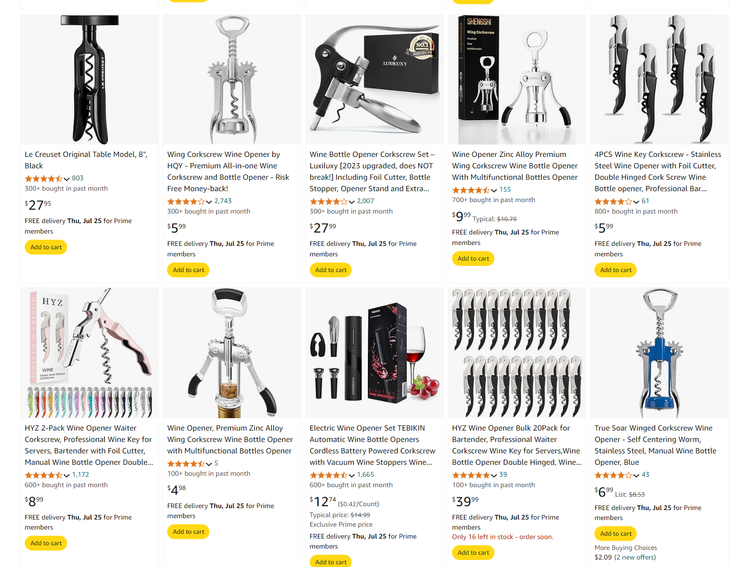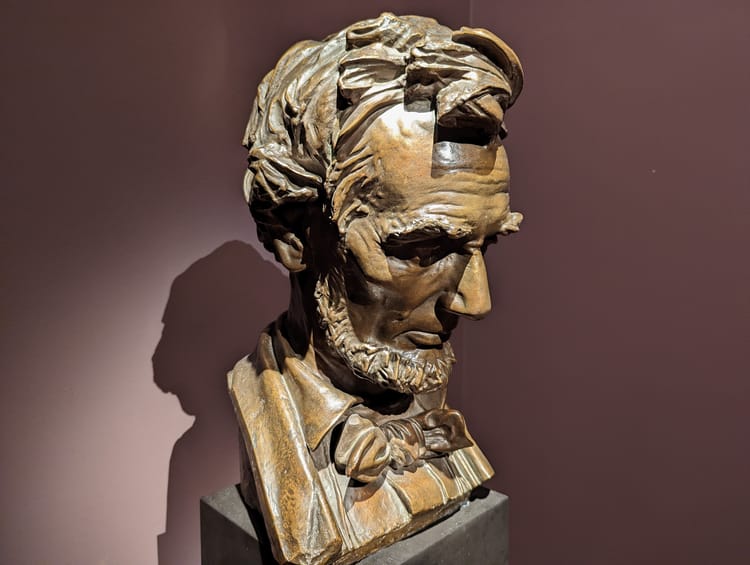025 - On Admitting Mistakes - Moral Letters for Modern Times

Regarding the latest string of journalistic malfeasance at our favorite national newspaper, we must apply different treatments if we hope to effect a lasting cure. The mistakes of the junior reporter are different than those of the senior editor. The first must be corralled gently but firmly back within the guidelines, while the latter requires a stiffer sentence. We are no friend to our friends if we let misdeeds go unremarked. Leniency is appropriate only when the student appears to have learned their lesson.
“Why on earth,” you ask “do you think your message will penetrate the editor’s head? The past several years have shown their slanted reporting is deliberate and no accident. Surely this one will acknowledge no mistake.” I may not be successful in my efforts, Deuteros, but the only sure way to fail is not to try. Even though our patient seems too far gone for our medicine to bring relief, still we minister attention in the hope of recovery. For unlike terminal illnesses of the body, the mind may be regained no matter how far astray it has been led.
The reporter has already suffered from shaming and is open to guidance. The grooves of his mind are not so worn, such that the shock of public scorn will not move him. So because he is malleable, we shall shape his thinking in the direction of long-term value, not immediate gain. A shortcut to meet a deadline that cuts short your career is a poor bargain indeed. The reporter has had his lesson reinforced and will walk the straight and narrow for now. But I fear the temptation is only temporarily gone and not forgotten. The horse that once strays needs a tighter grip on the reins, for it has tasted the grass growing out of reach of those who follow the rules. We may certainly redeem ourselves, but we bear watching until we prove again, if only to ourselves, that we are able to resist temptation.
Now I ask you to ask yourself whether you can say you have never strayed from the path. You are making progress in learning the things that are truly valuable, but you still value tangible things. Physical needs are slight, while wants know no limits. Wants multiply in your mind and the more you try to satisfy them, the more you burden your retinue with a train of baggage that stretches out behind you. I will draw upon the account of the Buddha to enrich us with this saying:
Empty the boat of your life, O man; when empty it will swiftly sail.
Leave behind all that does not lift you up, or you will be weighed down as surely as by any anchor.
When pointing out the flaws in others, it is all too easy to forget that we are not perfect ourselves. Thus, even as we are watching over our friends at the paper, you shall be an equally vigilant guard over your own thoughts. You will allow me to stay in the Buddha’s debt with this advice:
Think not of the faults of others, of what they have done or not done. Think rather of your own sins, of the things you have done or not done.
Look first within. Lest you think we profit today only from the Buddha’s wisdom, take into your mental ownership this insight from A Father’s Book of Wisdom:
When you judge others, you are revealing your own fears and prejudices.
I have written to you before about the dangers of hypocrisy. See On Consistency. I do not mean here just the dangers to your reputation, real enough though they be, but rather to yourself. When you criticize another for something you do yourself, you are not only a false teacher, but a false student.
When you freely admit to your own mistakes, you render your opponents’ harmless. The best weapon is one you wield against yourself, because this type of attack only makes you stronger.
Be well.






Member discussion